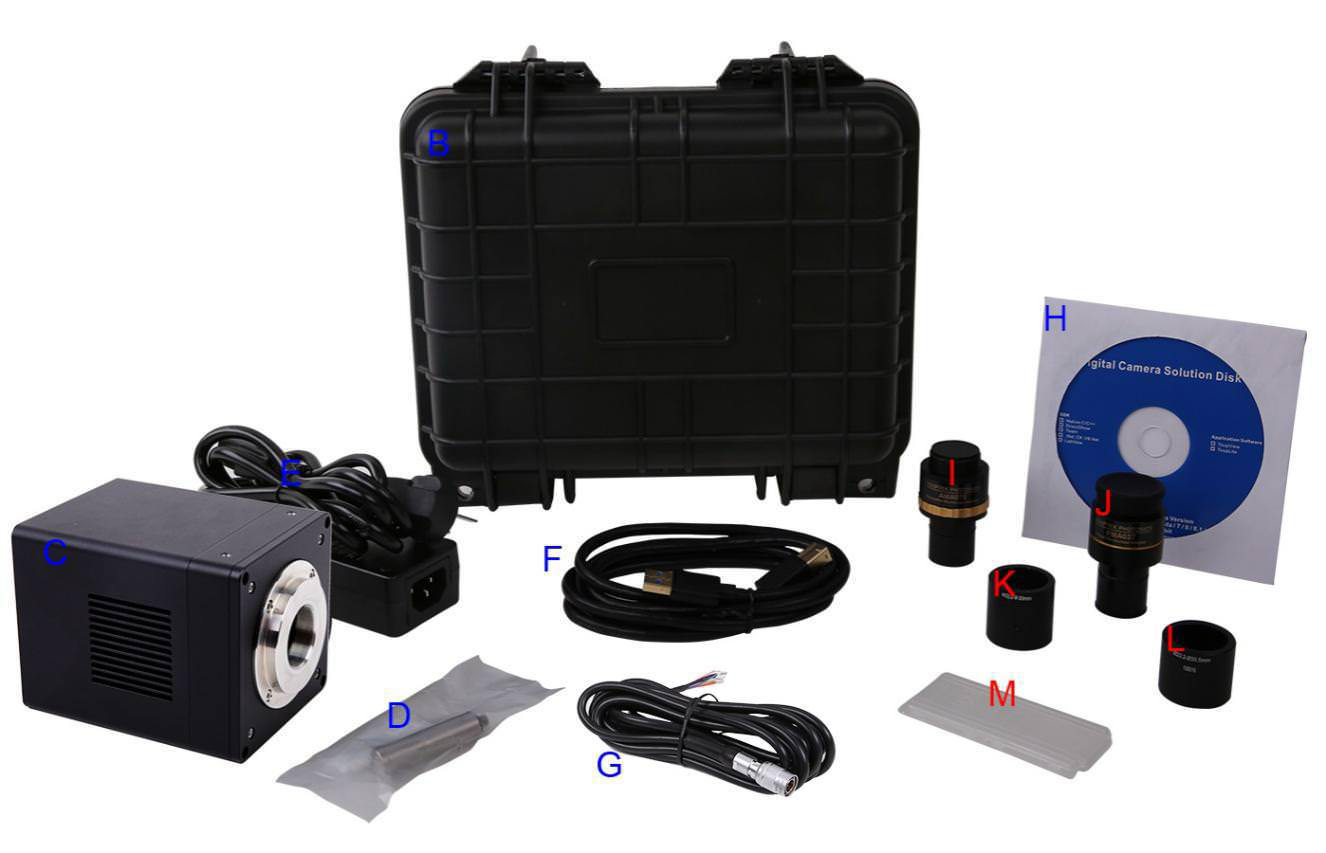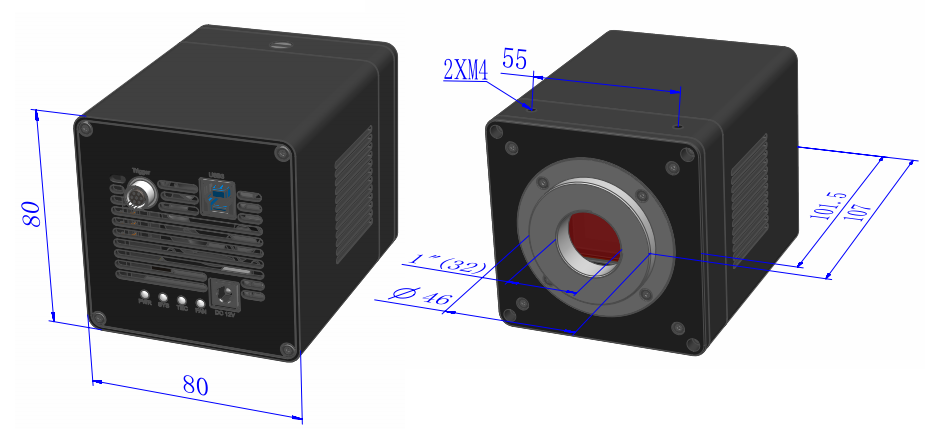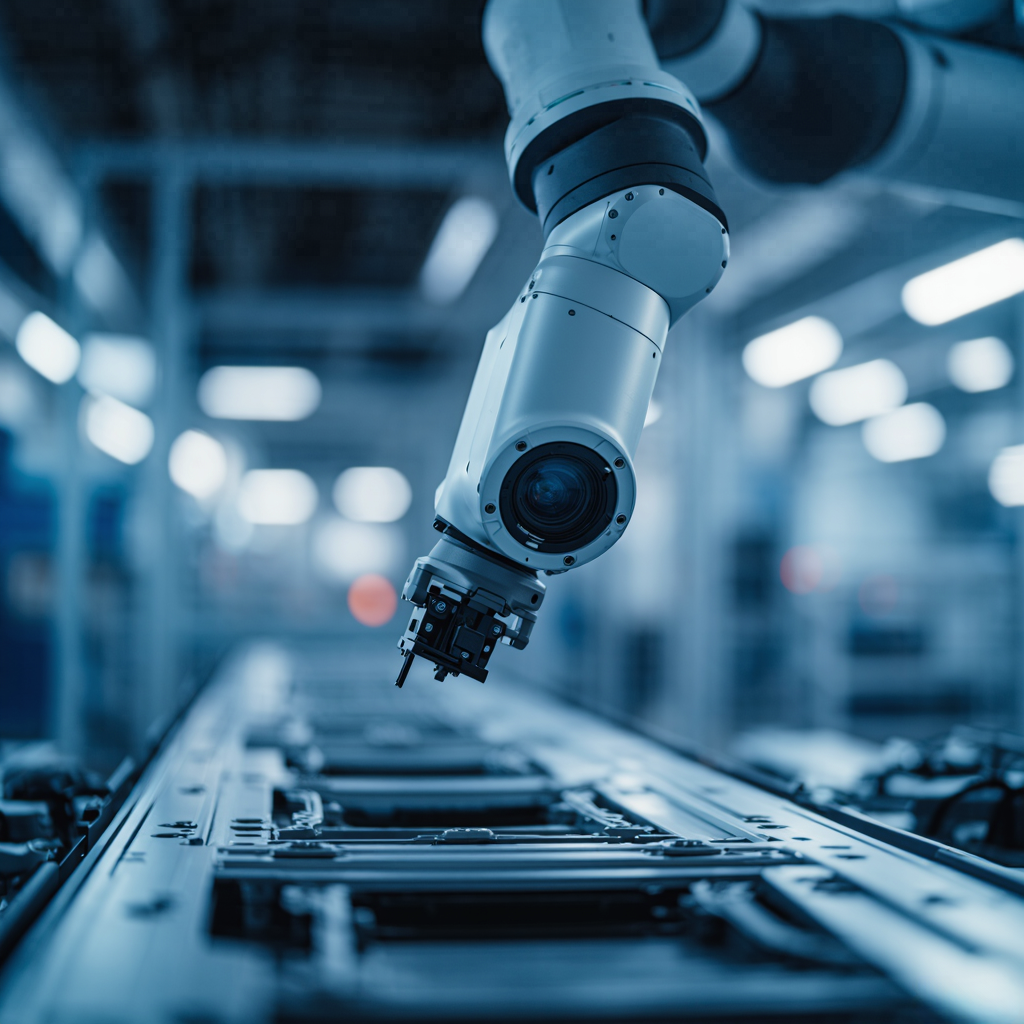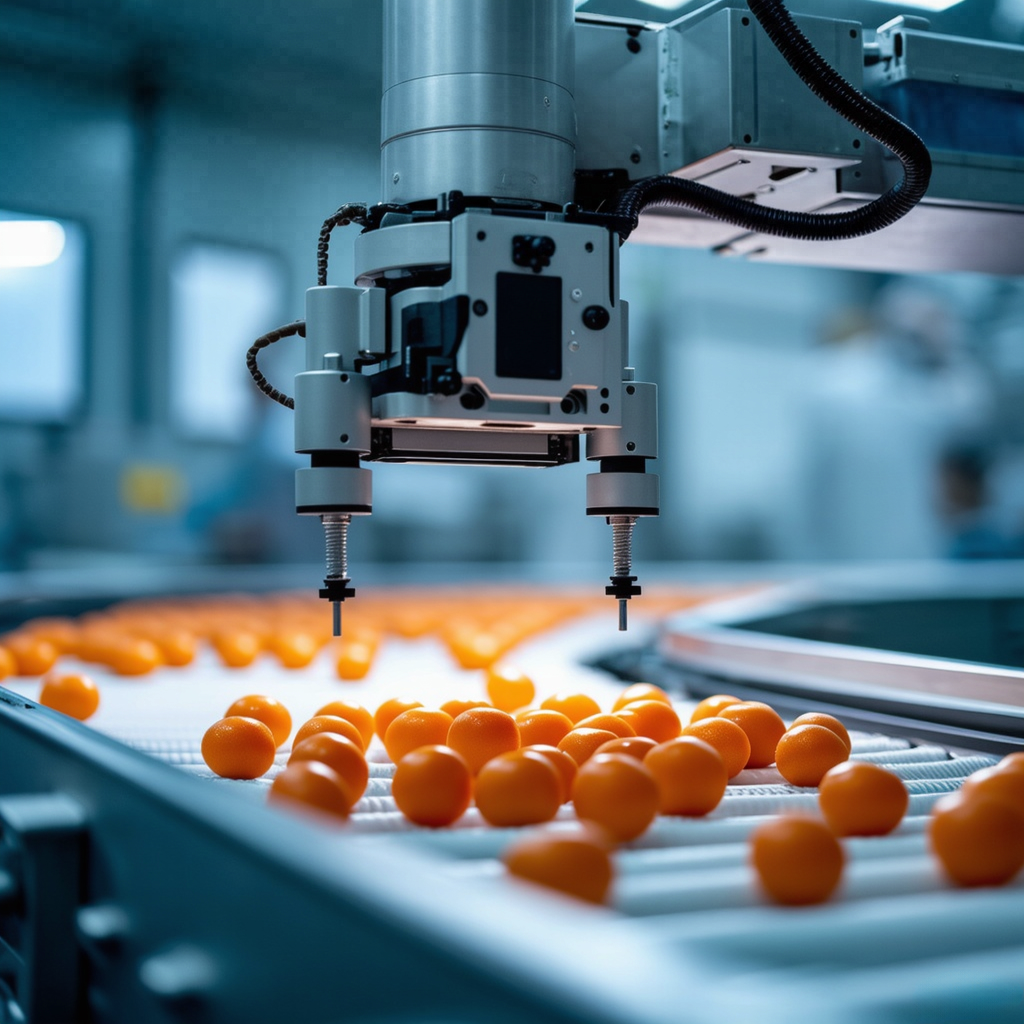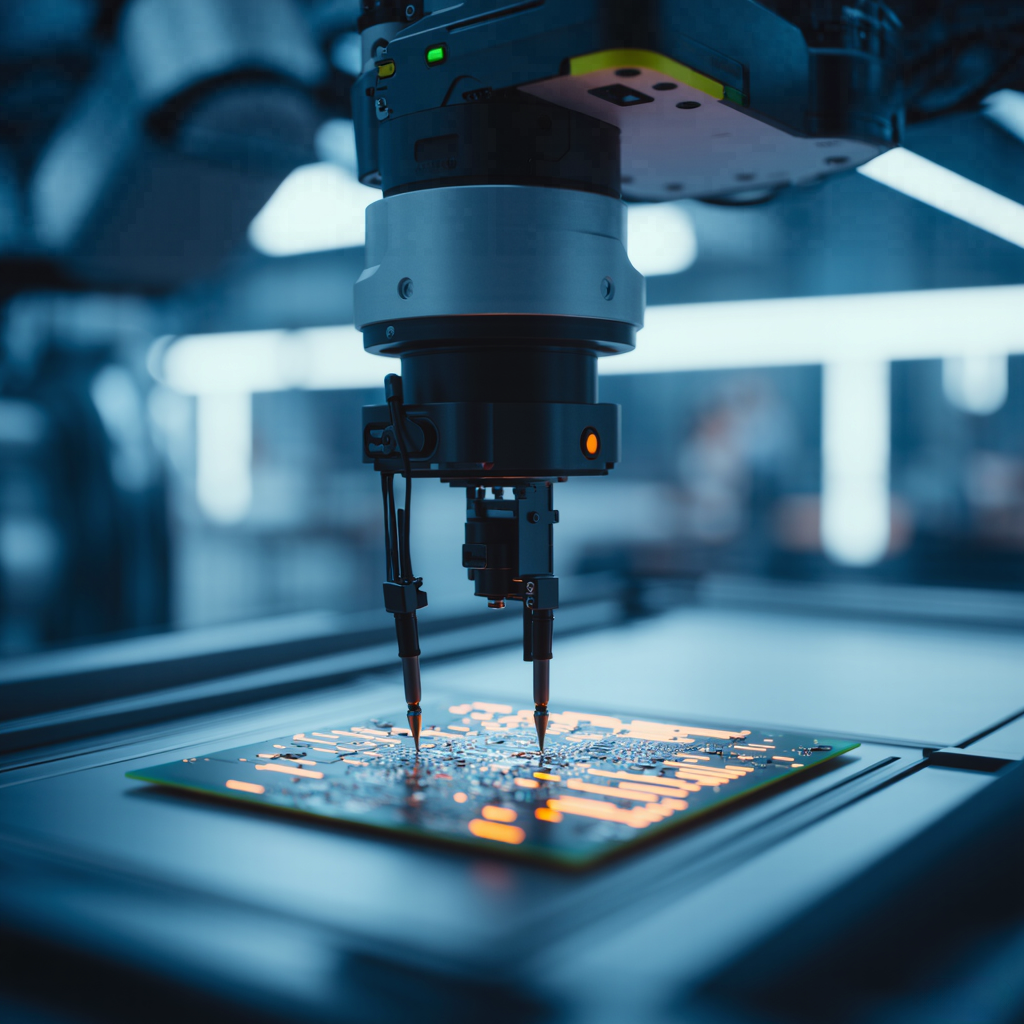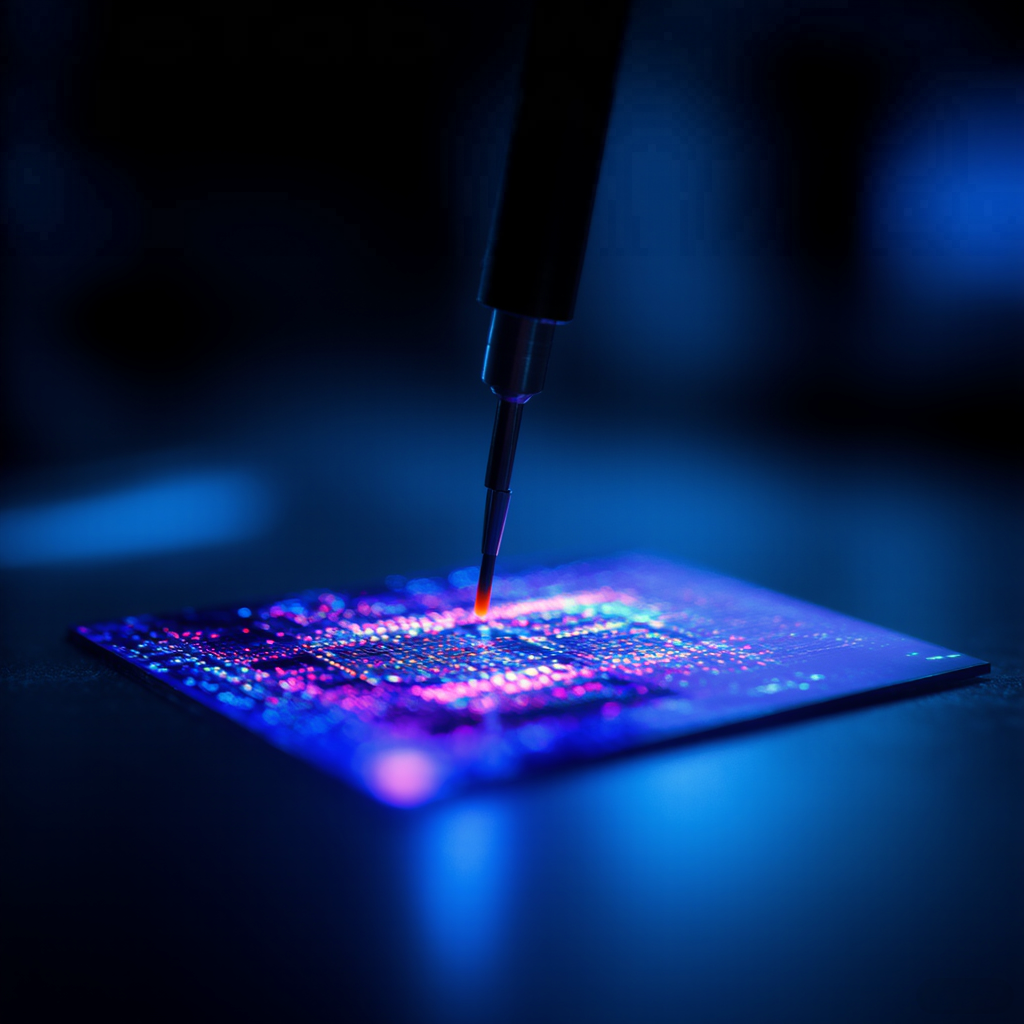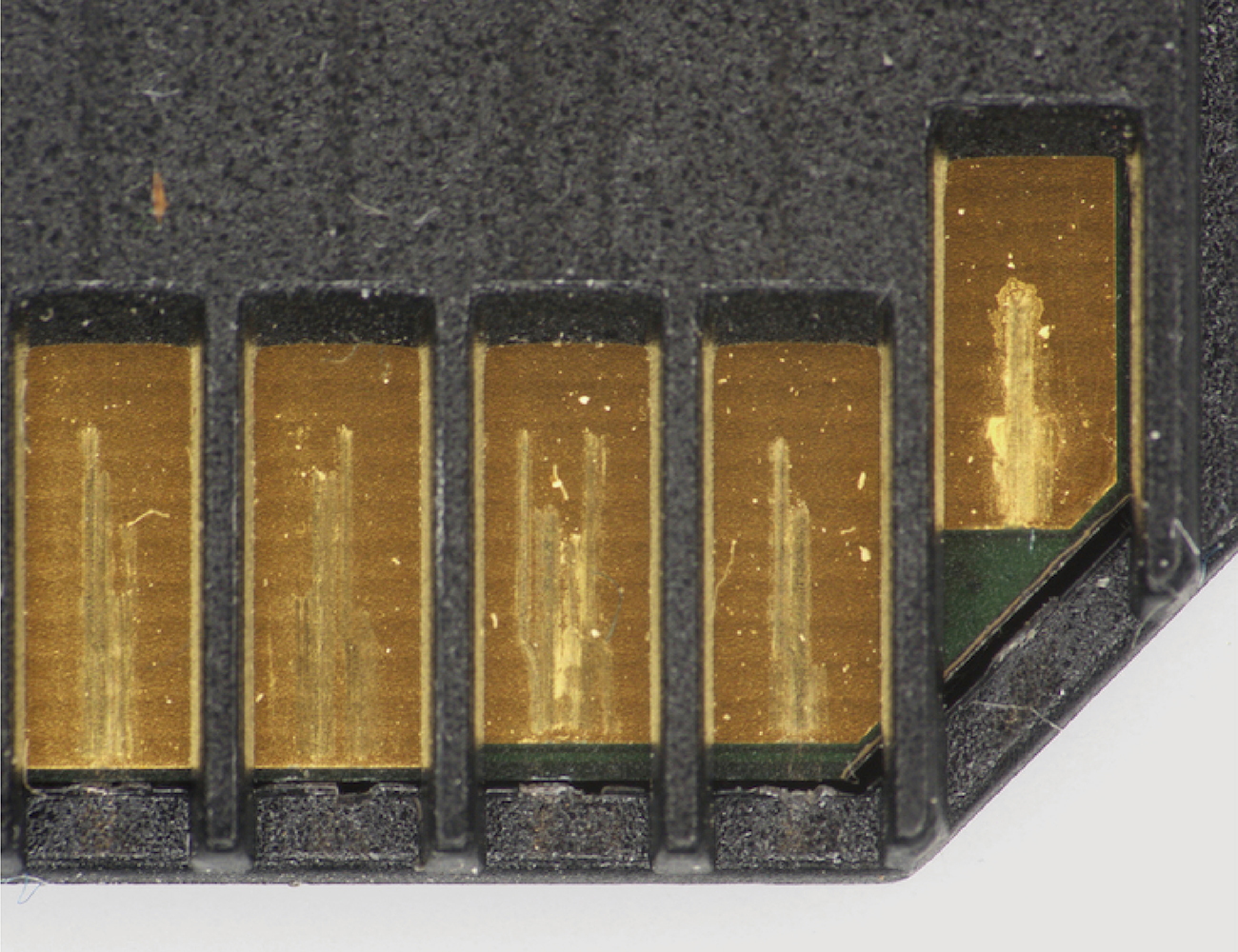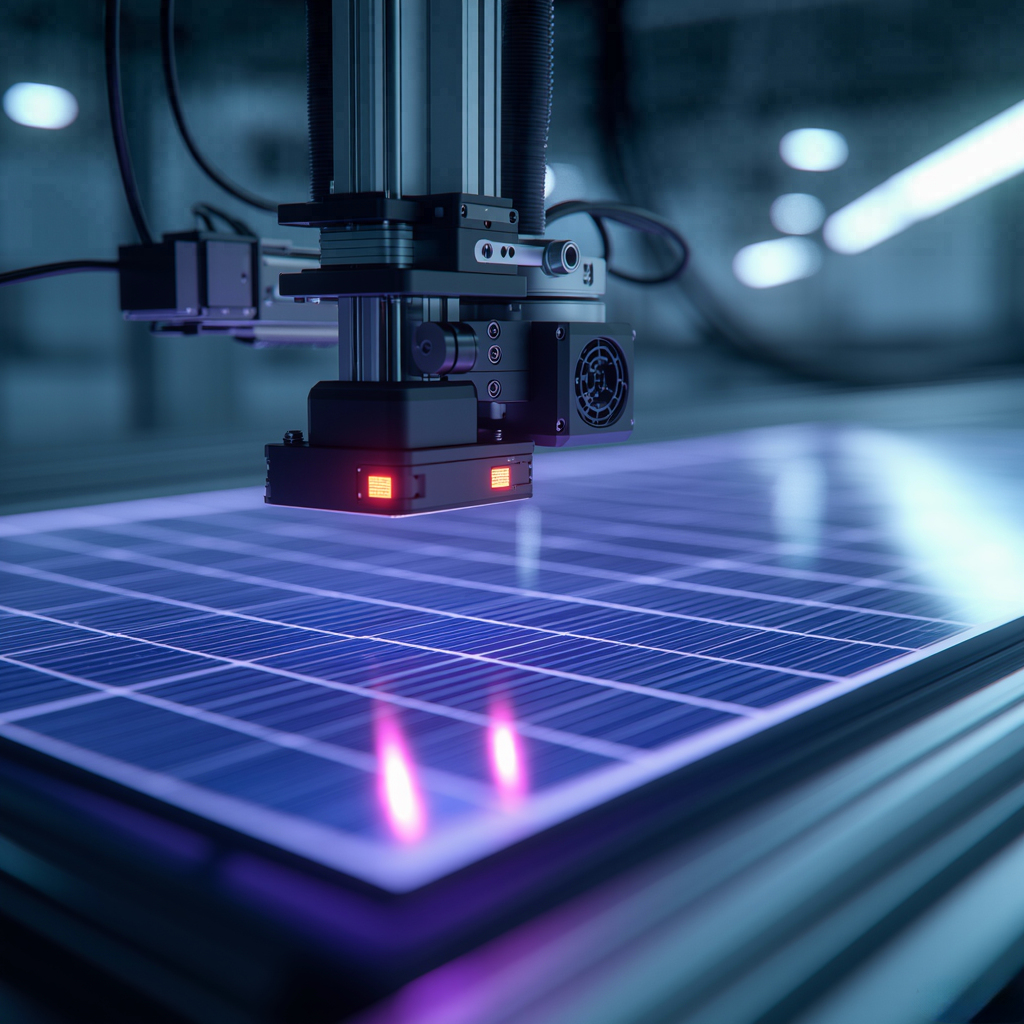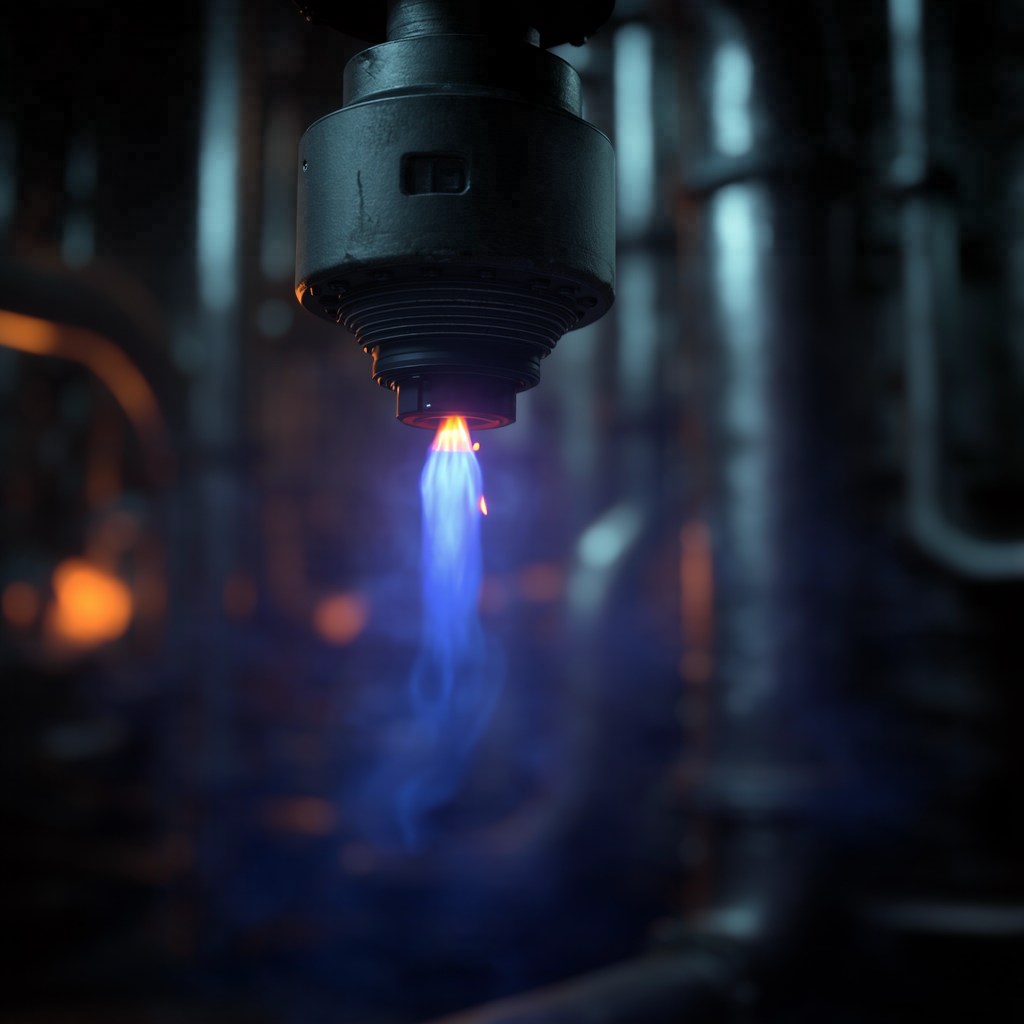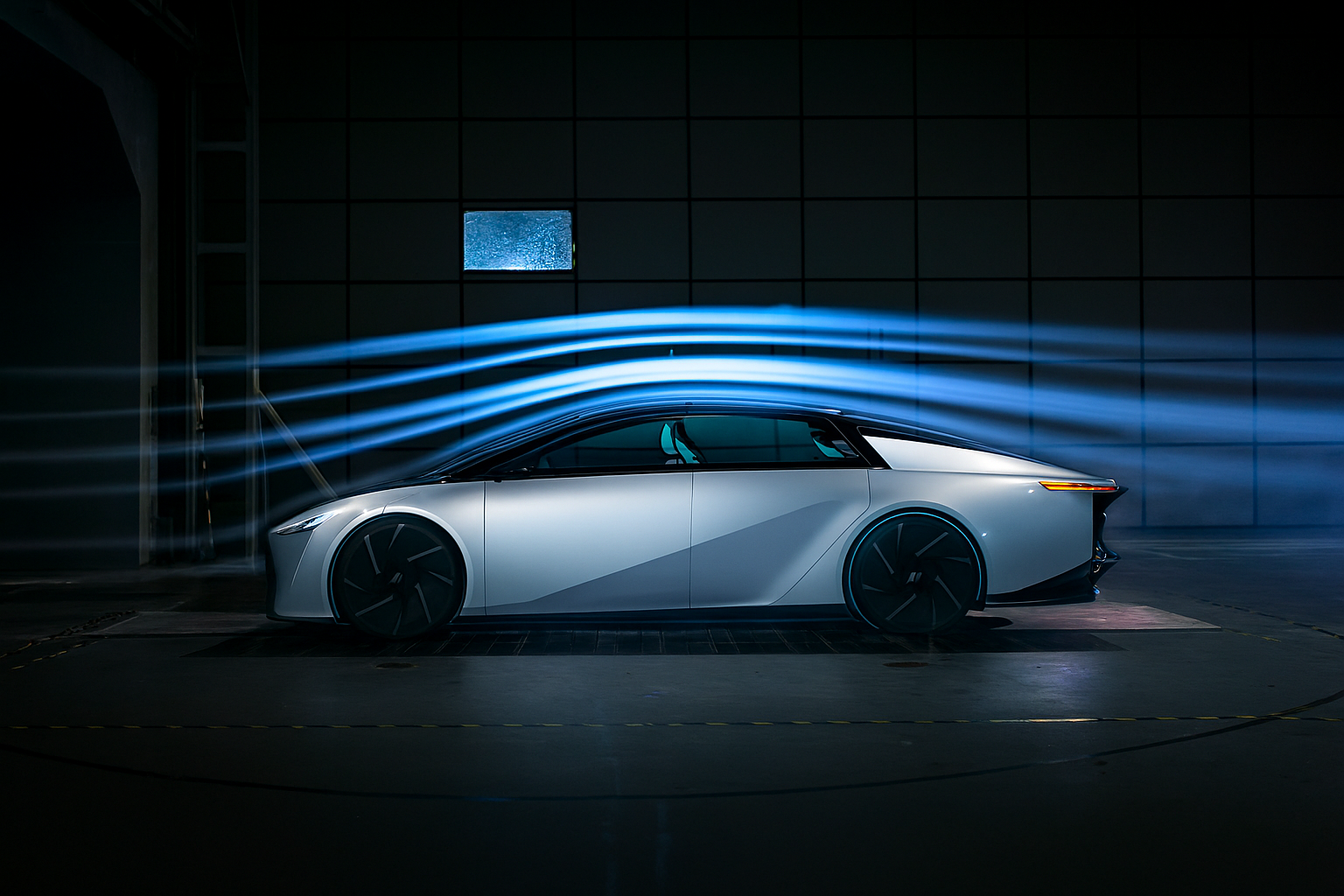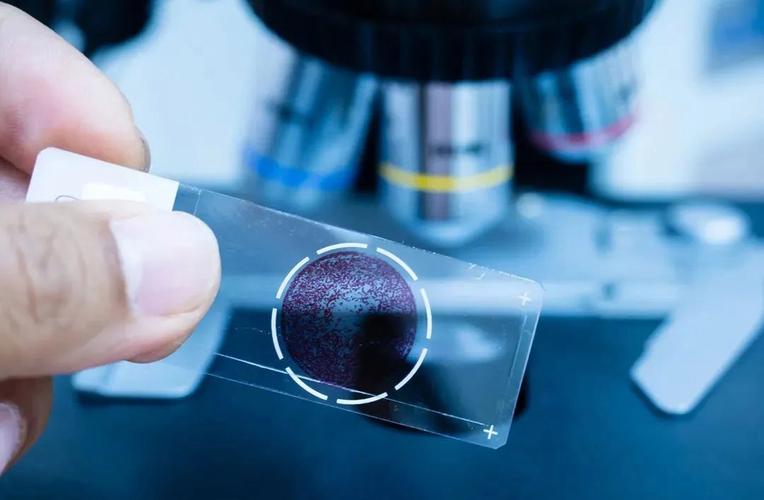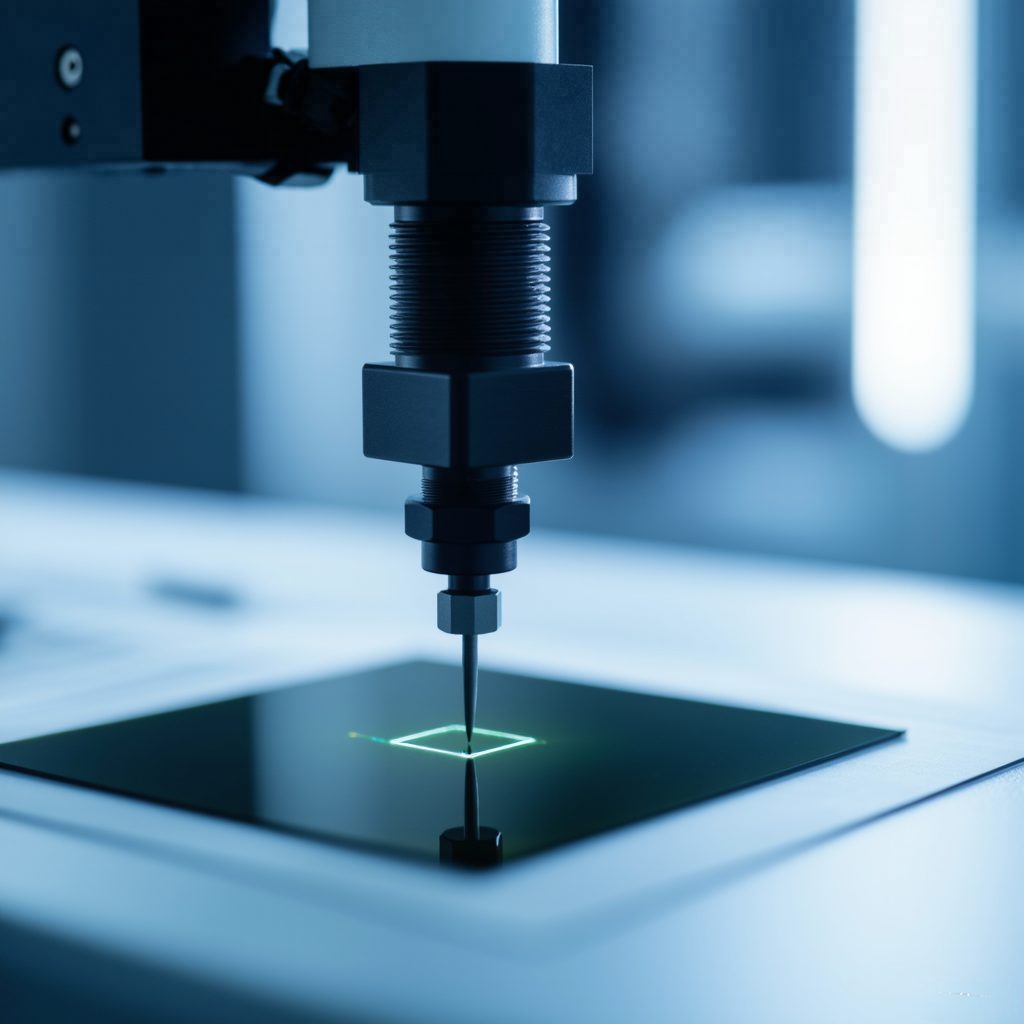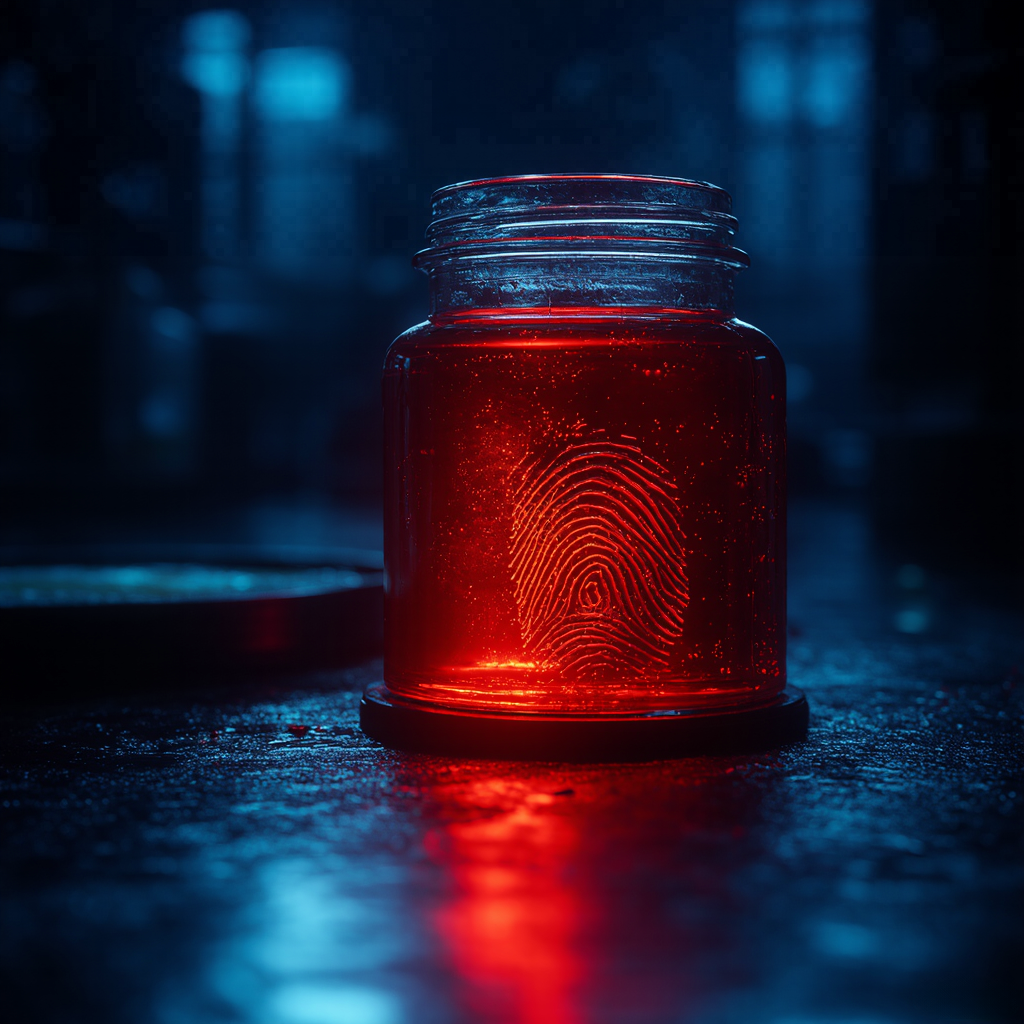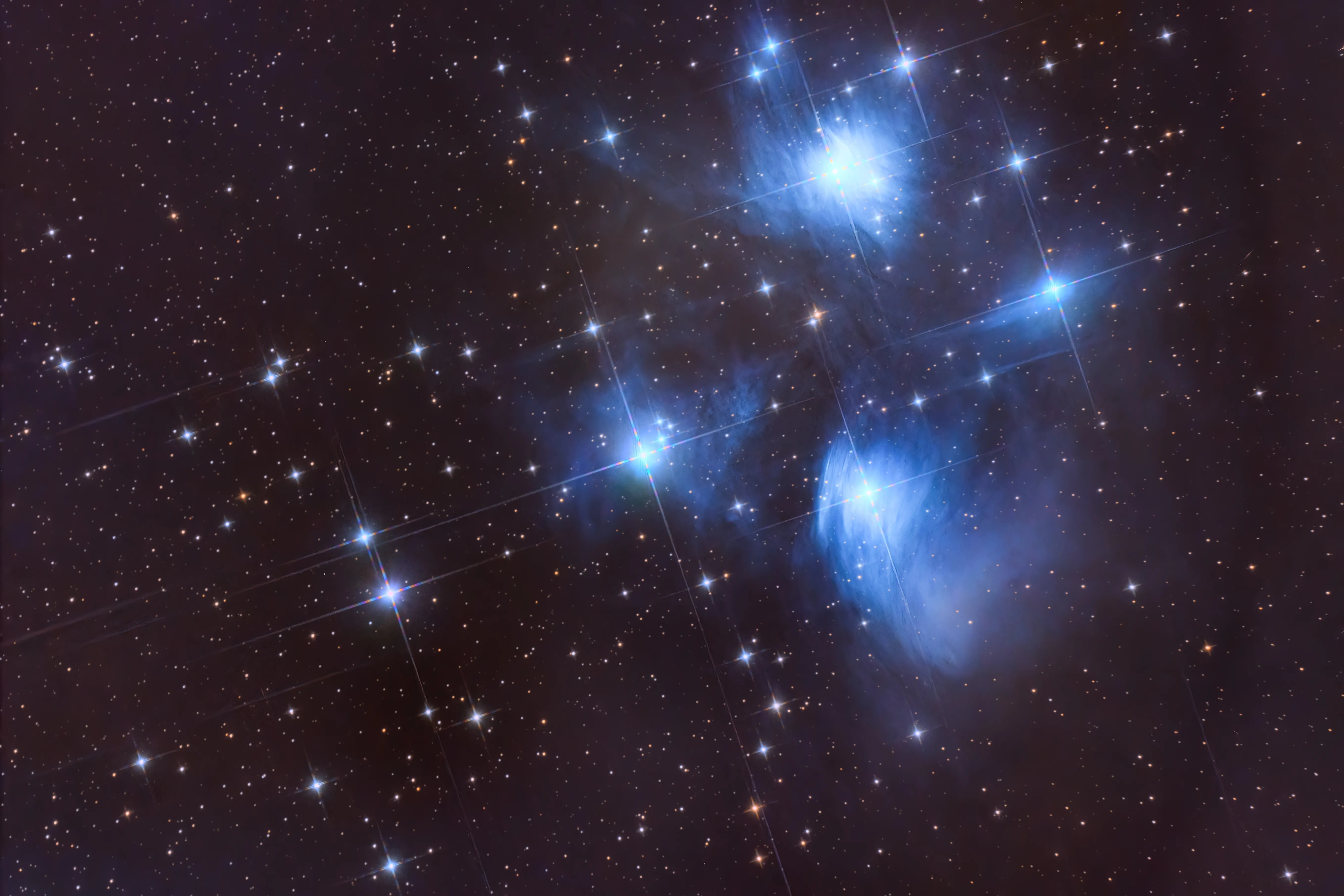ITR3CMOS01300KMA Low Light Imaging/Semiconductor Cooled Camera
Product Introduction
1.3MP monochrome cooled camera (GPixel GLUX9701BSI) with 9.76 µm large pixels, BSI structure and HDR 16-bit output. USB3.0 transmission. Dual-stage TEC cooling and anti-fogging structure, suitable for extremely low-light and high dynamic range scenarios (chemiluminescence/spectroscopy/low illumination microscopy).
Key Features
- Sensor: GPixel GLUX9701BSI (monochrome, rolling shutter) 1.3MP
- Pixel: 9.76 µm; 1" (15.96 mm diagonal)
- Output: 8-bit / HDR 16-bit; DR 81.08 dB
- Frame rate: 30 fps@1280×1024 (full resolution)
- Interface: USB3.0; stable link
- Dual-stage TEC deep cooling (typical ΔT≈40 °C), closed-loop temperature control, anti-fogging
- Long exposure capability (typically up to 3600 s, model dependent)
- Isolated trigger/strobe and programmable GPIO
- Image functions: ROI, digital binning, mirroring, Gamma/LUT (model dependent)
- ToupView and cross-platform SDK
Product Details
| Key Parameters | |
| Model | ITR3CMOS01300KMA |
| Sensor | GPixel GLUX9701BSI |
| Effective Pixels / Resolution | 1.3MP (1280×1024) |
| Frame Rate (Full Resolution and Key Resolution Modes) | 30 fps@1280×1024; 30 fps@640×512 |
| Shutter Type | Rolling Shutter |
| Color Type | Monochrome |
| Imaging Performance | |
| Pixel Size | 9.76 µm × 9.76 µm |
| Sensor Size | 12.493 mm × 9.994 mm |
| Diagonal | 1" (16.00 mm) |
| Dynamic Range | 81.08 dB |
| Bit Depth | 8-bit/HDR16-bit |
| Sensitivity | 2.57×10⁸(e-/((W/m2).s))@610 nm |
| Interface & Mechanical | |
| Data Interface | USB3.0 |
| GPIO | 1x optically isolated input, 1x optically isolated output, 2x non-isolated I/O ports |
| Lens Mount | C-mount |
| Dimensions | 80 mm × 80 mm × 101.5 mm |
| Weight | 860 g |
| Power Supply | USB3.0 interface power/DC12V power |
| Environment & Certification | |
| Operating Temperature / Humidity | -10 °C ~ +50 °C / 20%-80% non-condensing |
| Storage Temperature / Humidity | -30 °C ~ +70 °C / TBD |
| OS Support | Windows/Linux/macOS/Android multi-platform SDK (native C/C++, C#/VB.NET, Python, Java, DirectShow, TWAIN, etc.) |
| Certification | CE/FCC |
Product Overview
ITR3CMOS01300KMA is a scientific-grade cooled camera designed for low-light imaging and long exposure applications. It features the high-performance GPixel GLUX9701BSI image sensor with the following characteristics:
Core Performance Indicators
Cooling Capability
42 °C below ambient temperature
Maximum Exposure Time
Up to 1 hour
Typical Dark Current
0.07 mV @ -20 °C
Resolution
1.3MP (1280×1024)
Scientific Application Features
Astronomical Observation
Ultra-low noise and long exposure capability suitable for capturing dim targets such as deep-sky objects, comets, and nebulae.
Spectral Analysis
High dynamic range and linear response for precise spectral information recording, suitable for Raman spectroscopy and fluorescence spectroscopy applications.
Bioluminescence Imaging
Extremely high sensitivity for capturing weak signals from bioluminescence and chemiluminescence, supporting in vivo imaging research.
Long-Term Monitoring
Stable cooling system and anti-condensation design support long-term unattended scientific observation.
Recommendation
The ITR3CMOS01300KMA cooled camera, with its exceptional low-light detection capability, ultra-long exposure time, and scientific-grade image quality, is the ideal choice for astronomical observation, spectral analysis, bioluminescence imaging, and other low-light applications. Deep cooling technology effectively suppresses noise, while anti-condensation design ensures long-term stable operation, providing reliable imaging solutions for scientific research.
ITR3CMOS01300KMA Product Manual
PDF format with detailed technical specifications and dimensional drawings
SDK Development Kit
Supports Windows, Linux, macOS and other platforms
3D Model Files
STEP format for mechanical design integration
Packing List #
Current model ITR3CMOS01300KMA packing list (USB3 Deep-Cooled)
Standard packing list
- Carton: L: 50 cm W: 30 cm H: 30 cm (20 pcs, 12–17 kg/carton)
- 3-A instrument safety case: L: 28 cm W: 23.0 cm H: 15.5 cm (1 pc, 2.8 kg/box); outer carton: L: 28.2 cm W: 25.2 cm H: 16.7 cm
- ITR3CMOS series camera (USB3)
- Power adapter: input AC 100–240 V 50/60 Hz; output DC 12 V 3 A
- High-speed USB3.0 A-B cable (1.5 m)
- I/O cable
- Disc/storage media (drivers & software)
Product Dimensions #
Current model ITR3CMOS01300KMA dimension drawing (USB3 interface (general))
The ITR3CMOS series is TopLite's high-performance deep-cooled USB3.0 CMOS line, built on Sony backside-illuminated CMOS sensors with dual-stage TEC and low-noise electronics for long exposures, high sensitivity, and research-grade imaging. It delivers high quantum efficiency (QE), ultra-low dark current, and wide dynamic range for astronomy, spectroscopy, and scientific imaging.
Key features
Two-stage TEC cooling
35–45 °C below ambient, ultra-low dark current
Back-illuminated CMOS
Sony sensors with high quantum efficiency
Ultra-low noise
Read noise down to 1 e⁻
Long exposures
Supports hours-long deep-sky imaging
Performance highlights
Cooling capacity
-45 °C
Relative to ambientDark current
<0.003
e⁻/pixel/sec @ -20 °CDynamic range
75 dB
Scientific imagingResolution
2-20 MP
Multiple resolutionsIn-Depth Product Overview
Advanced two-stage TEC cooling
Utilizes two-stage semiconductor TEC cooling to lower the sensor 35–45 °C below ambient, dramatically suppressing dark current. At -20 °C, typical dark current is under 0.003 e⁻/pixel/sec, enabling hours-long exposures without noticeable thermal noise. Precise temperature control and anti-condensation design ensure stable operation across environments.
High-performance BSI sensors
Equipped with Sony back-illuminated CMOS sensors offering very high quantum efficiency and ultra-low read noise. The BSI architecture places the photodiode above circuitry to maximize photon collection, delivering high SNR even in low light. Optimized electronics and multi-gain modes reduce read noise down to 1 e⁻, preserving fine detail. Pixel sizes from 2.4 µm to 4.63 µm balance resolution and sensitivity.
Scientific-grade imaging quality
Supports 8-bit/12-bit/16-bit output with up to 75 dB dynamic range and SNR up to 50 dB to meet rigorous research needs. Exposure spans from 50 µs to several hours, capturing fast events and long deep-sky integrations. Large onboard DDR plus USB3.0 high speed ensures lossless transfer of high-resolution frames, protecting scientific data integrity.
Industrial-grade reliability
CNC aluminum housing with efficient thermal design ensures stability during long runs. Anti-condensation window prevents moisture at low temps. USB3.0 single-cable power simplifies integration; optional 12 V auxiliary input provides steadier cooling. Operating range -10 to 50 °C with low power suits unattended long-term observation.
Comprehensive software ecosystem
SDK support across Windows, Linux, and macOS with C/C++ and Python enables quick integration into research systems. Companion software offers full camera control, acquisition, processing, and analysis. Standardized interfaces allow easy embedding into telescopes, spectrometers, microscopes, and other scientific instruments for reliable imaging solutions.
Applications
ITR3CMOS applications in research and astronomy
ITR3CMOS Series Key Advantages
Deep cooling
Down to -45 °C
Ultra-low dark current
0.003 e⁻/s
Ultra-low noise
1 e⁻ read noise
Long exposure
Supports hours-long integration
Back-illuminated
High quantum efficiency
Wide dynamic range
75 dB range
Anti-condensation
Stable operation
Research-grade
Professional imaging



